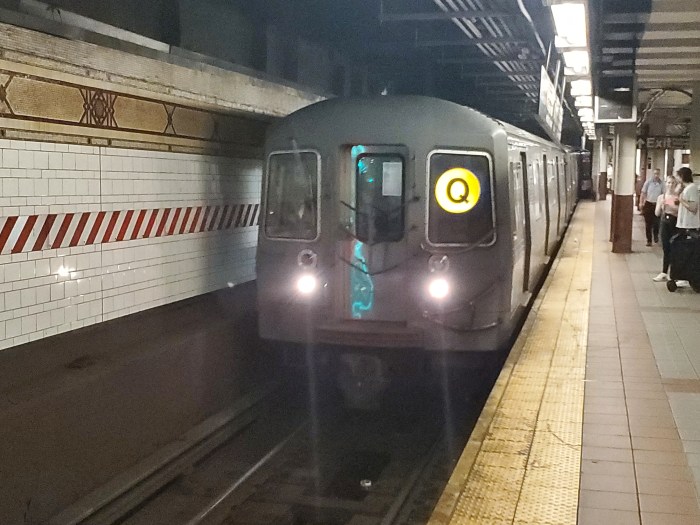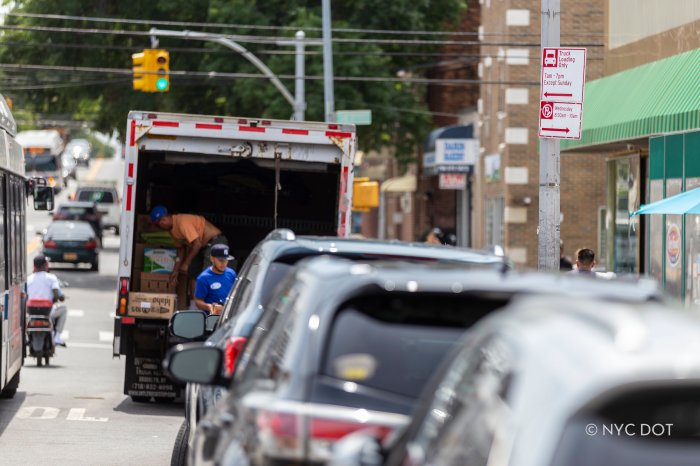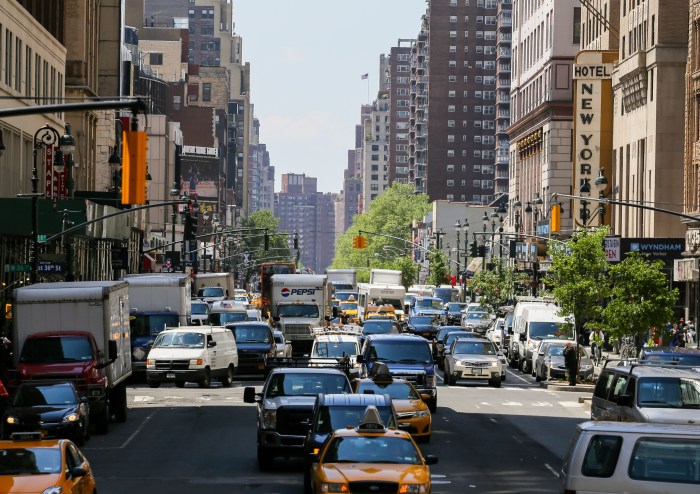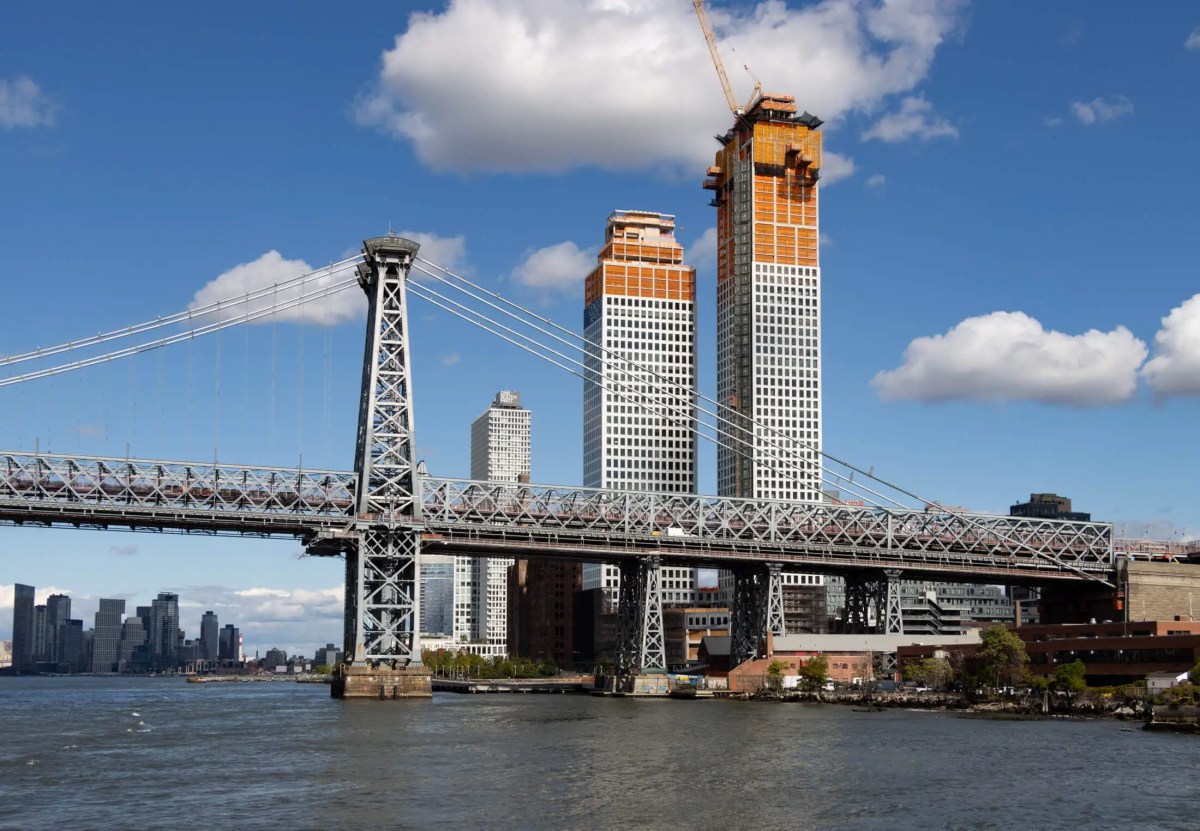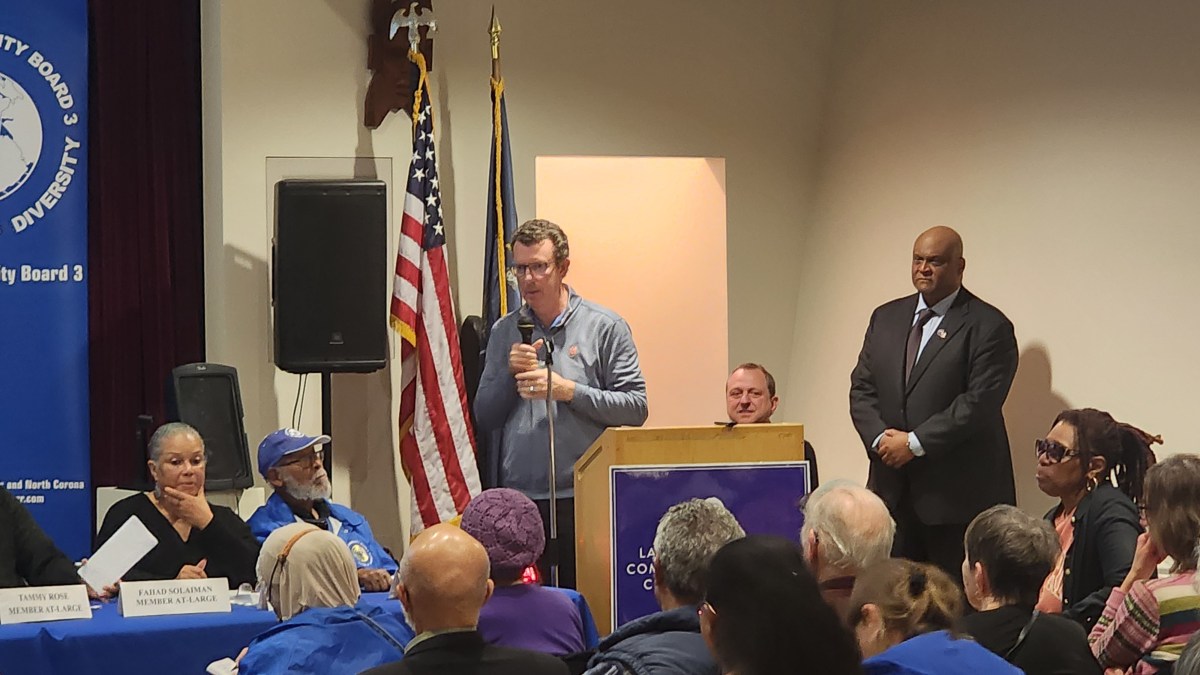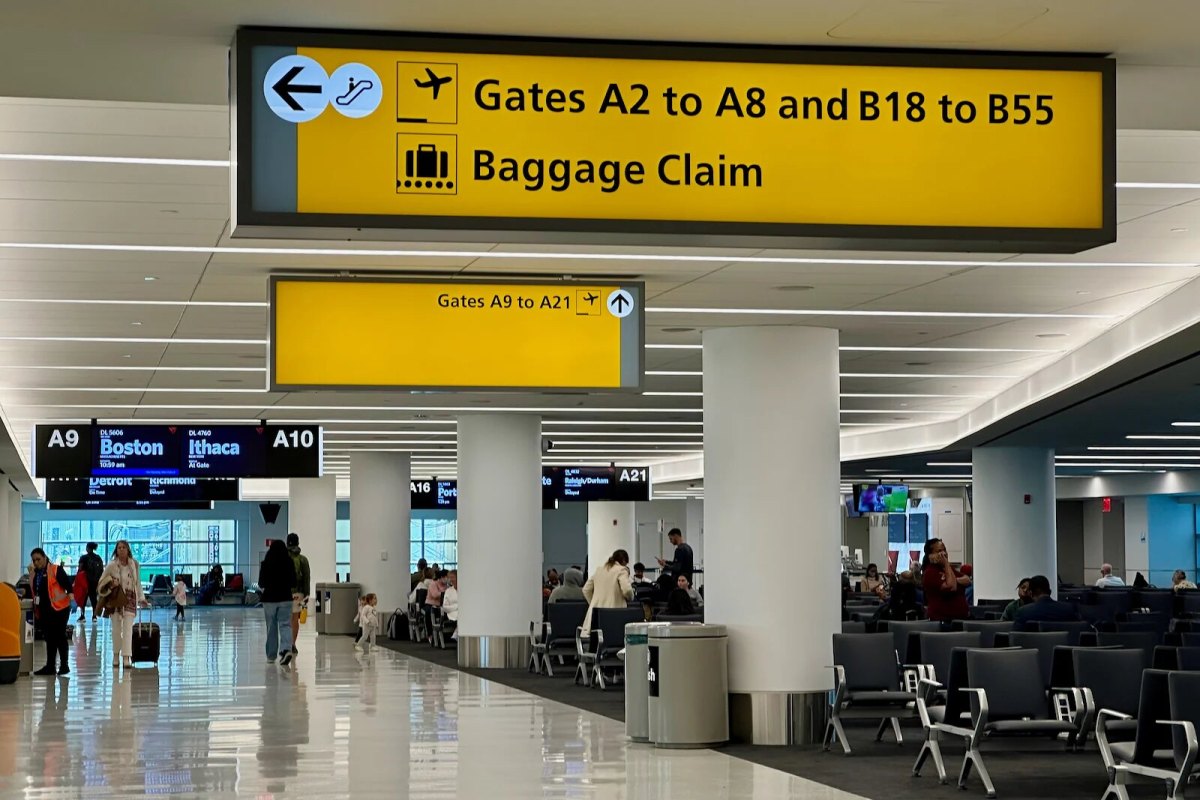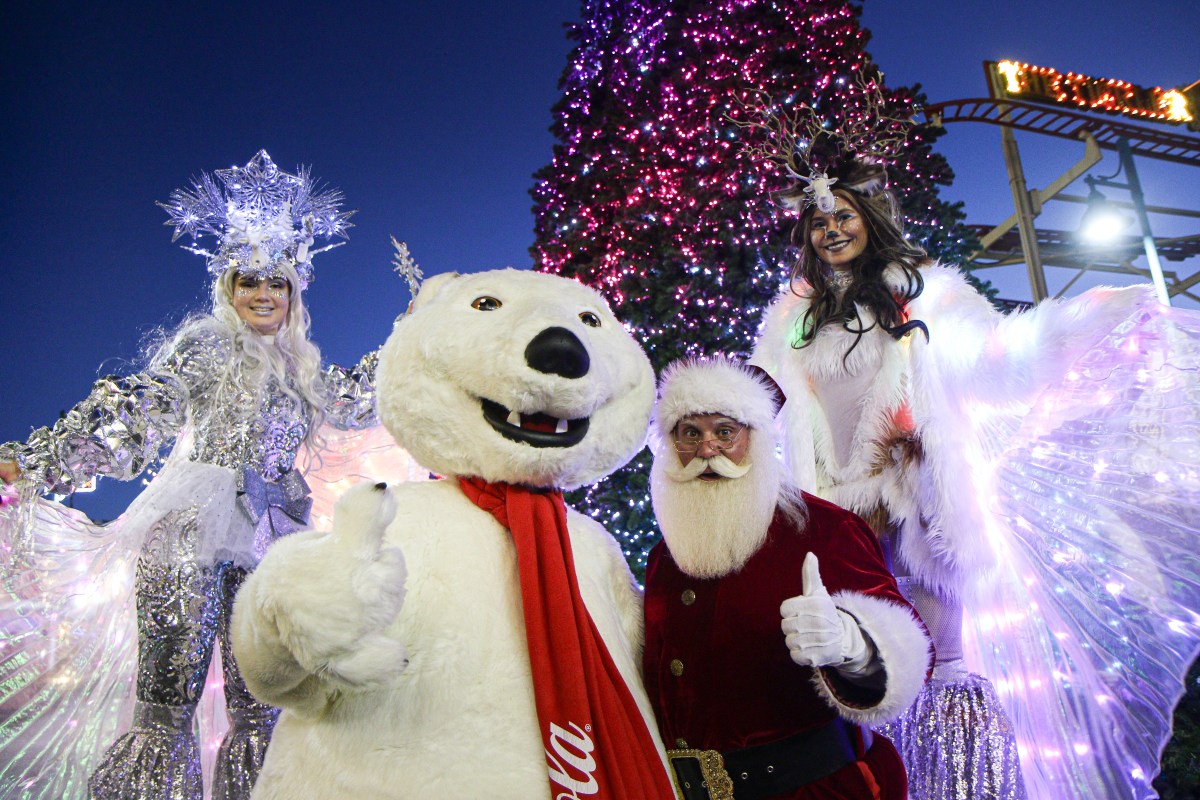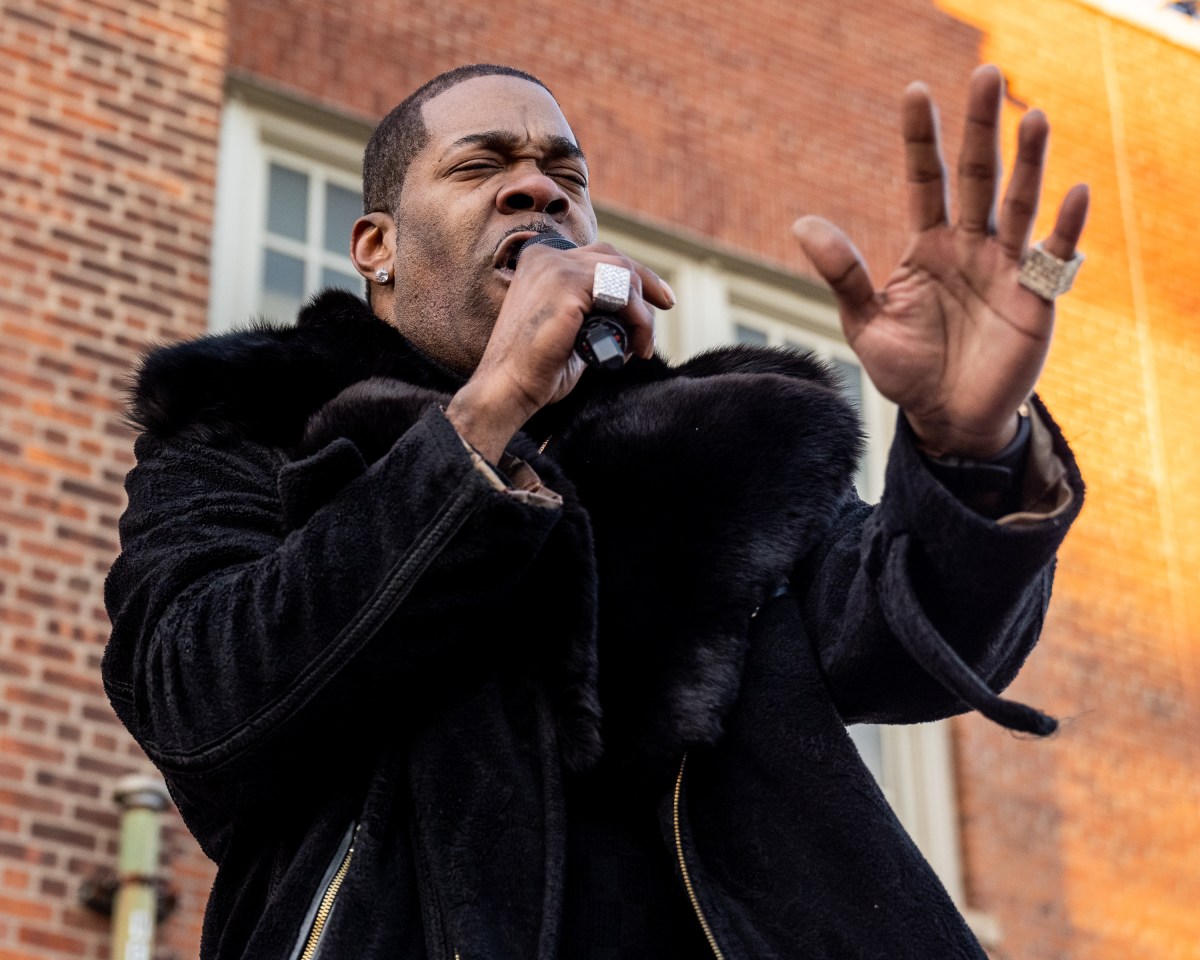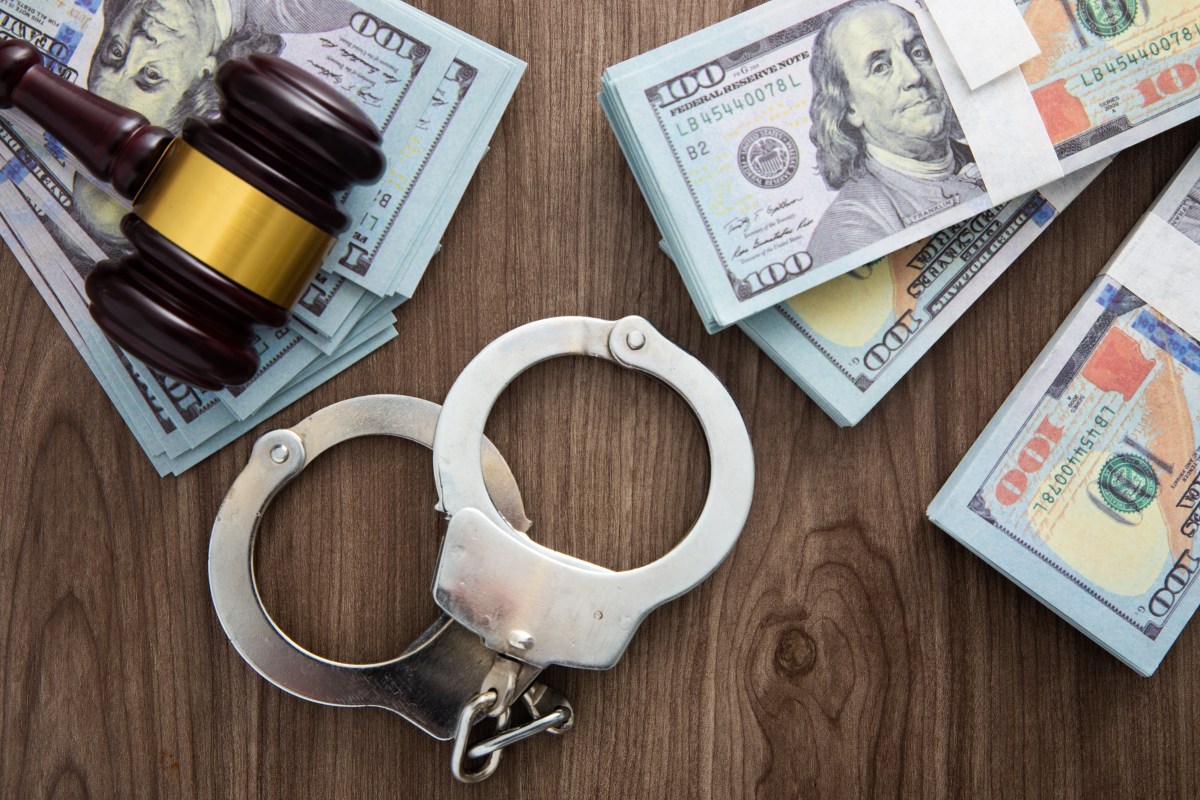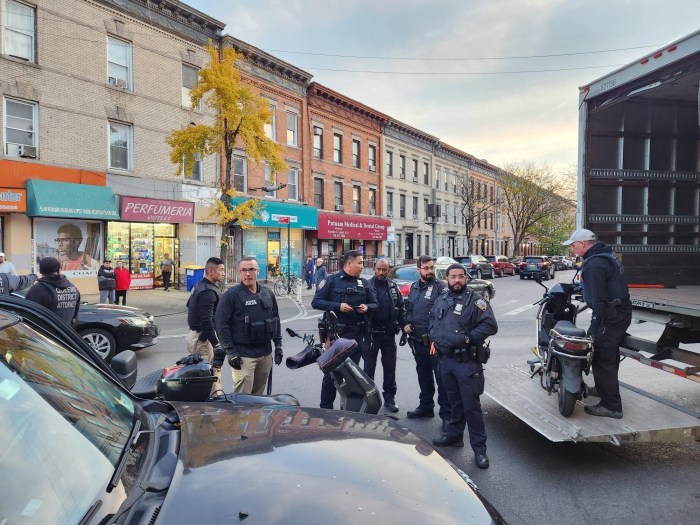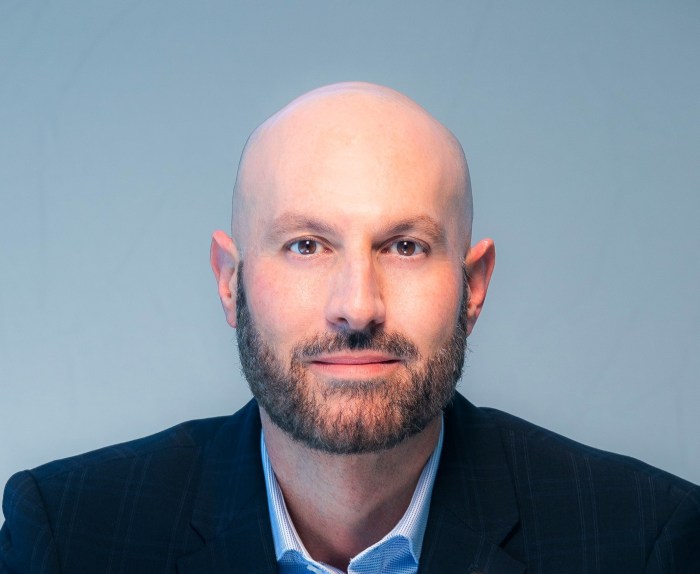Uber’s infamous surge pricing may get squeezed by taxi officials who want to keep riders from feeling “ripped off,” while the company defended itself against price gouging charges at the City Council Monday.
Taxi and Limousine Commission chief Meera Joshi said the agency would need more data to figure out how much companies like Uber and Lyft should be able to charge during times of heavy demand, known generally as dynamic pricing.
Right now, Uber can charge up to seven times its rate, while Lyft can go up four times a regular price, according to a fare schedule submitted to the TLC. The for-hire industry, like black and livery cars, can file whatever rates they want with the TLC.
“We don’t know at what point people feel they’re being ripped off and at what point they don’t,” said Joshi, who supports a surge price cap.
Councilman David Greenfield, a sponsor of the surge price bill, was the most vocal critic of the practice, noting that the companies should be thankful his proposed cap allows for doubling a regular fare, as opposed to the $39 a mile on top of $9.50 a minute Uber can charge during peak times.
“It’s cheaper to take a helicopter than it is to take an Uber at that level,” Greenfield said.
Uber officials, for their part, denied any price gouging because it is upfront with riders about the cost and when surge pricing is in effect. They also said surge pricing is rare, as are the whopping sevenfold increase in cab fares. In the past six months, 13% of Uber trips in the city were made when surge pricing was in effect, while the average increase in the past two months was 85% of a regular fare, according to the officials.
“To artificially limit our ability to respond to demand by caps is a constraint on driver opportunity that would be unhelpful to the drivers and it would also be unhelpful to the riders in the form of increased wait times,” said Colin Tooze, east coast public policy director at Uber.
The app companies’ pricing policies did have one defender on Monday’s panel, Councilman Antonio Reynoso, who said transparency on rates is more important that limiting pricing models.
At an airport, “you would have to go on your app, ask for a car, it would tell you it’s $780 and if you’re smart, you would not take it,” Reynoso said.?




